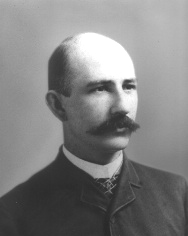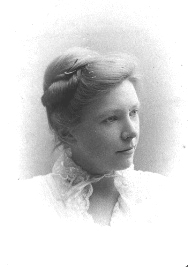Robert J. Samuelson of Newsweek notes that since September 2007, Americans’ personal wealth has dropped about $9 trillion and that a common estimate is that every dollar’s change in wealth causes people to change their spending by 5 cents. If this estimate is correct, he says, $450 billion ($9 trillion times .05) will be missing from the economy.
Samuelson warns that this big drop in consumer spending could have devastating effects. He says, “If the swing toward saving is too sharp, consumer spending wouldn’t just weaken; it would collapse…. Vehicle sales have already plunged. In 2005, they totaled almost 17 million; Global Insight’s 2009 projection is 12.2 million. And these problems feed on each other. Lower consumer spending depresses profits and stock prices, which corrodes confidence, further dampens spending, raises unemployment and increases loan defaults. Credit card losses could be the next big blow to financial institutions.”
Samuelson points out how wild stock prices have moved: the stock market has changed by 4% or more 25 out of the last 50 trading days (16 down, nine up). In the last 25 years, on average, such big one day swings in stock prices have only occured once per year. Says Samuelson, “We’ve gone from one a year to one every other day.” He says, “The wild stock swings confirm the palpable fear and uncertainty. … What terrifies Americans is the prospect that the slump will become much worse than average—and that the government has lost control of events.”
He writes, “The hyper-anxiety is not irrational pessimism, though it may prove unfounded. Every major episode of this crisis—from Bear Stearns’s failure to General Motors’ possible bankruptcy—has come as a surprise. Similarly, the crisis’s three main causes have repeatedly been underestimated: the burst housing ‘bubble’; fragile financial institutions; and a reversal of the ‘wealth effect.’ Of these, the last is least recognized.
Samuelson fears that the $9 trillion in missing wealth, will cause a “wealth effect,” that will further depress consumer activity, leading to even more problems in the economy.
He writes, “The case for a sizable economic “stimulus” package is that it would temporarily compensate for the erosion of consumer spending. But if the positive “wealth effect” is now giving way to a lasting negative or neutral “wealth effect”—as people try to replenish savings and offset lost wealth—then even a recovery would be sluggish. A new source of demand is needed to sustain faster growth. An obvious solution is for high-saving Asian countries, led by China, to consume and spend more so that their imports increase. Whether they have the political capacity to reduce their dependence on export-led growth is unclear.”

























